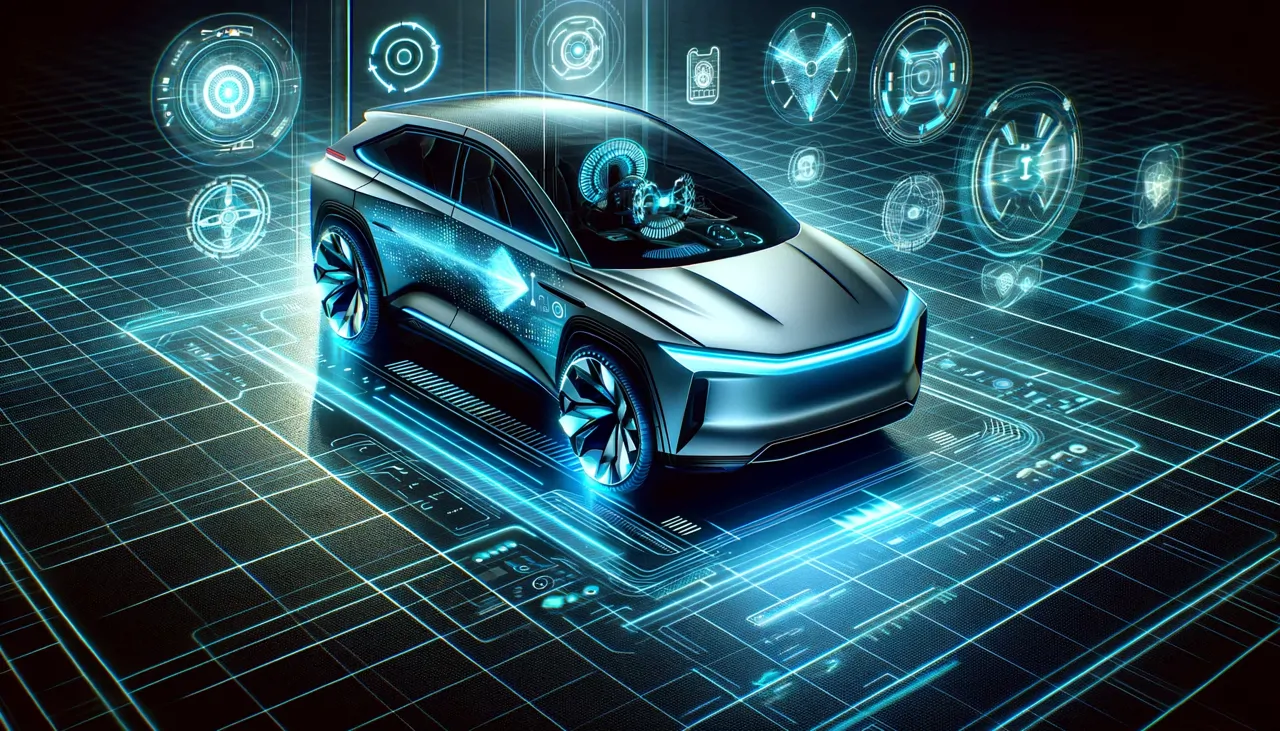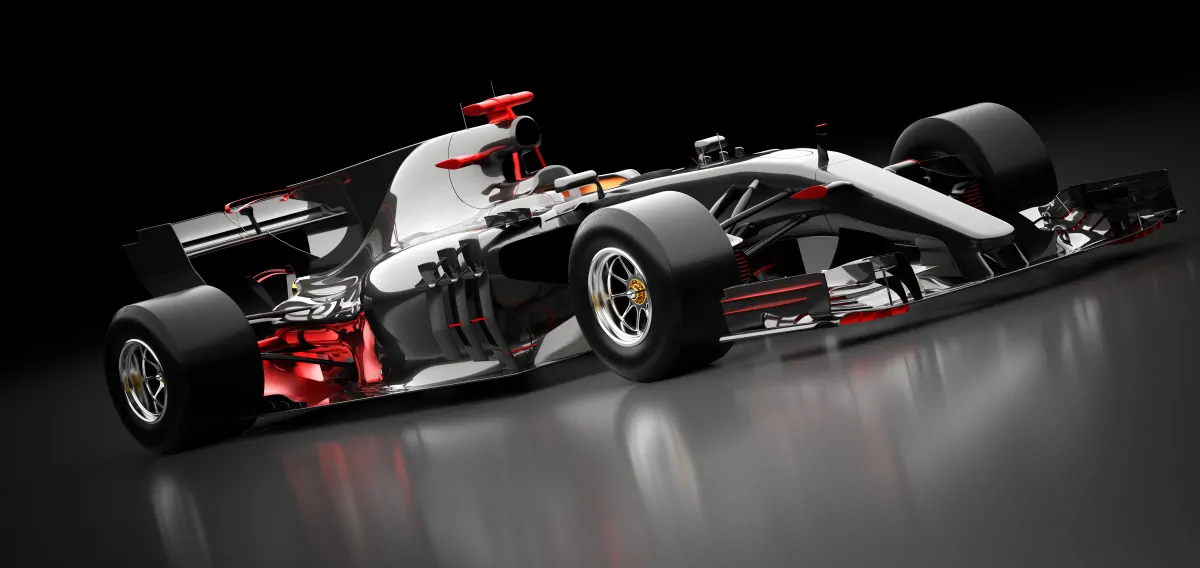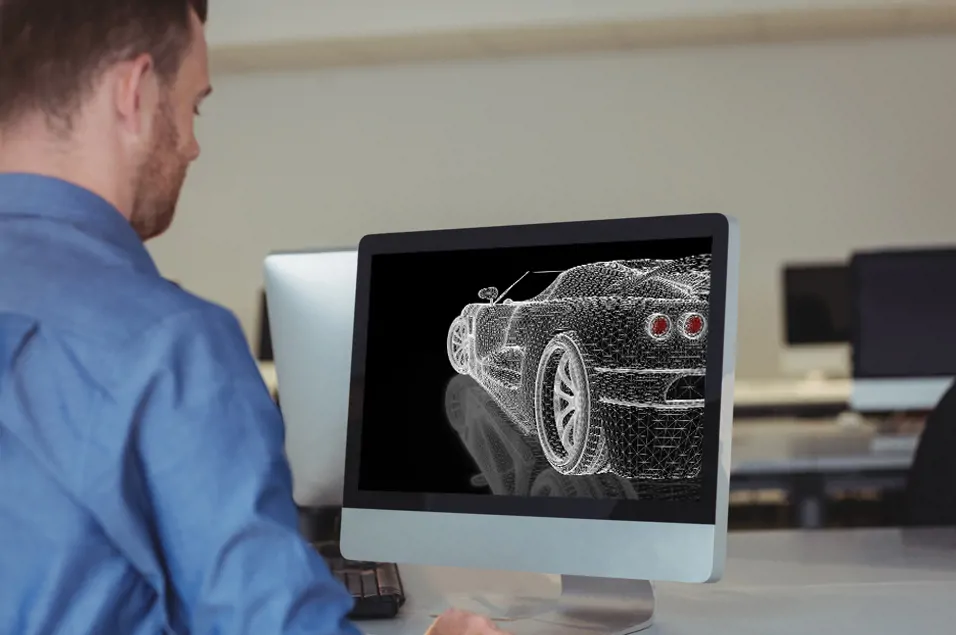AUTOMOTIVE, F1 & MOTORSPORT
Automotive Recruitment Experts
#WeAreAutomotive
What We Do
Global market leaders in technical and engineering recruitment to the Automotive, F1 and Motorsport industries to OEM's, Tiered Suppliers, and Development partners. Our expertise covers the complete product lifecycle across all vehicle commodities, starting from initial concept and R & D to engineering and design, through to manufacturing & production and aftersales.
Our Objective
We understand that having the right personnel in place is vital to your success. Our objective is to match the best talent with great companies to enable the industry to continually evolve with technology driven trends and sustainability initiatives within the Automotive industry. With this being our sole and primary goal, it makes sense to use a specialist recruitment partner that knows how to find the best in the industry.


Motorsport
When it comes to motorsport, we are the authority on recruitment within Formula One, F1, Formula E, MotoGP, WRC, IndyCar, F2, WRC, Le Mans and many other forms of motorsport.

Engineering & Manufacturing
Adding nearly £19bn each year to the UK economy, the automotive industry is integral. Globally it is predicted to rise to $9 trillion by 2030, and with nearly 60 million

Post-Production
Working with Import & Refurb centres and dealership networks throughout the UK and Europe our supply covers the vehicle refurbishment and enhancement.
#WeAreAutomotive
Jobs
#WEAREMANE
Global Reach & Local Focus
With over 30 years of recruitment expertise, Mane has established itself as a leading consultancy with worldwide reach. We have developed extensive connections and networks that span numerous locations. We can often provide granular-level insights on labour dynamics across different regions. Combining our broad global outlook with a deep understanding of local intricacies means we are able to provide tailored recruitment solutions to clients worldwide.
Our international presence enables Mane to:
- Establish local recruitment hubs with local content.
- Provide compliant payroll and employment solutions internationally.
- Mitigate your legal and commercial risk by providing a compliant delivery.

Shaping Tomorrow's Talent in the Automotive Industry
"These are undoubtedly exciting times in the automotive sector. The pace technological change is transforming skills needs across the industry at unprecedented speed. All of us must alert and adaptable. Mane was founded nearly 30 years ago by an engineer seeking to quality recruitment to the field. Since then we've considerably while staying true to our founding principles. I've had the pleasure of leading our team since 2018. As a self-declared "petrol head," I working globally to recruit talented individuals at all levels into diverse organisations. We aim to be a values-led business, grounded in meaningful actions over empty words. Given our long history and connections in the industry, you can feel certain of an experienced, principled focused on your needs during periods of rapid change. rely on us match you with the bright future this transforming landscape presents."
